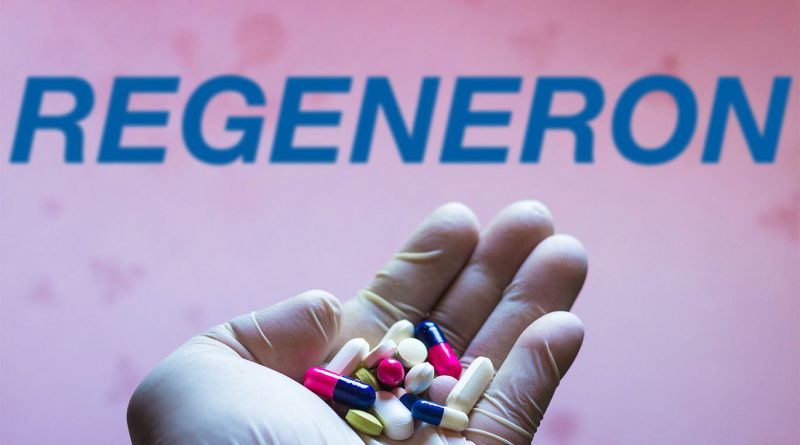Fujifilm Partners With Regeneron in Major US Expansion
Subscribe to our free newsletter today to keep up to date with the latest manufacturing news.
Regeneron Pharmaceuticals has signed a 10-year agreement worth more than $3 billion with Fujifilm Diosynth Biotechnologies to significantly expand its US-based manufacturing capacity. This long-term partnership will leverage Fujifilm’s new large-scale production facility in Holly Springs, North Carolina, which is expected to become operational later this year.
The deal reflects a broader shift among major biotech players that are investing in domestic supply chains in response to global uncertainties, geopolitical risks and evolving regulatory landscapes. For Regeneron, which specializes in biologic therapies, the partnership secures critical manufacturing bandwidth for its monoclonal antibodies and other advanced drug products.
A 10-year manufacturing partnership anchored in North Carolina
Fujifilm’s Holly Springs facility is one of the most advanced contract manufacturing operations in the United States. It will serve as the central production site for Regeneron’s outsourced biologics manufacturing. Under the terms of the agreement, Fujifilm will produce drug substances at commercial scale to support Regeneron’s current and future pipeline.
This collaboration offers Regeneron greater manufacturing flexibility at a time when demand for its biologics portfolio continues to grow. Outsourcing part of its production to a US-based partner allows Regeneron to mitigate risks associated with international logistics and regulatory complexity, while also improving speed to market for its therapies.
The Holly Springs site spans more than 1 million square feet and integrates cutting-edge bioprocessing capabilities. For Fujifilm, this contract validates its push into North American CDMO services and strengthens its reputation in the US market for high-capacity, quality-driven pharmaceutical manufacturing.
Expansion in Tarrytown reflects Regeneron’s commitment to domestic infrastructure
Alongside its partnership with Fujifilm, Regeneron is investing approximately $3.6 billion to expand its Tarrytown, New York facility. The expansion project aims to double the company’s in-house manufacturing capacity and includes new laboratories, production lines and automated systems.
This development is expected to create more than 1,000 new jobs and enhance Regeneron’s ability to produce both clinical and commercial-scale products. The expanded site will also increase the company’s ability to rapidly respond to emerging public health needs.
The dual approach of combining contract manufacturing with internal expansion illustrates Regeneron’s effort to build a resilient, diversified supply network. By strengthening its domestic footprint, the company reduces its exposure to foreign supply interruptions, trade restrictions and logistical challenges.
Pharmaceutical reshoring gains momentum as policy signals shift
Regeneron’s actions come as part of a wider trend among pharmaceutical firms seeking to reduce dependency on overseas manufacturing. Amid increasing scrutiny from regulators and the potential reintroduction of drug import duties, companies are reevaluating the risks tied to globalized production models.
A second Trump administration or a bipartisan consensus on domestic drug security could lead to new tariffs or restrictions on foreign drug imports. Firms like Regeneron are choosing to invest now to avoid future disruptions and align with emerging public health policies.
Data from the US Department of Commerce shows a 17 percent year-on-year increase in private pharmaceutical manufacturing investment from 2022 to 2024. States such as North Carolina, New York and Massachusetts have emerged as hubs for this new wave of investment due to incentives, infrastructure and talent availability.
Regeneron’s two-pronged investment strategy enhances its ability to scale efficiently while maintaining control over its manufacturing quality. Fujifilm’s advanced production infrastructure complements Regeneron’s rigorous standards and adds agility in meeting pipeline demands.
Sources:
